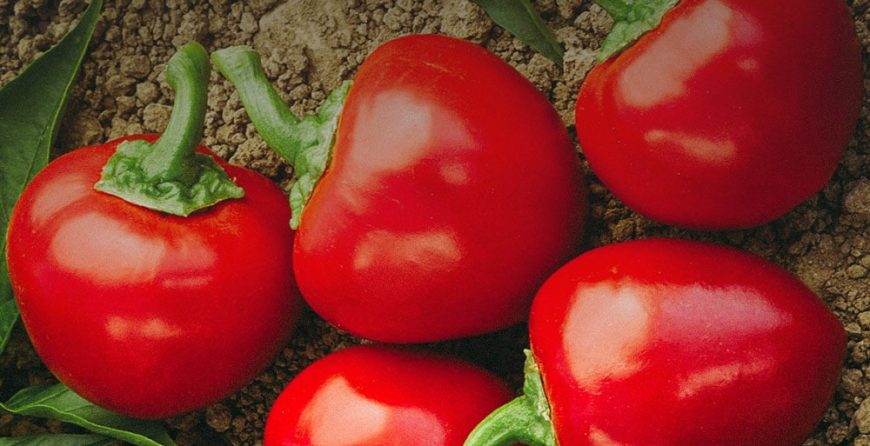People understand the term organic gardening differently. Its basic definition is gardening without relying on synthetic pesticides and fertilizers to boost crop growth. However, there is much more to organic gardening other than eliminating the use of synthetic garden products. Organic gardening is the art of planting and growing crops in accordance with nature. Meaning that you focus on growing crops that can thrive in your region without requiring much assistance from you.
The USA department of agriculture begun crafting food standards that defined farm produces that could be labeled as organic. A new Federal regulation that was passed in 2002 denoted that farm product that are labeled organic should originate from a farm or private entity that is certified by USDA. Fortunately, this regulation does not affect home organic gardeners.
As mentioned above, organic gardening entails observing the natural crop growth process as much as you can. To implement this effectively, start by understanding your region’s soil make-up and climatic conditions. Understand what your soil contains and what it lacks. Organic gardening has a rule that you should feed the soil and not the crop. Therefore, your soil should be as nutritious as possible to ensure that you harvest healthy, tasty and nutrient-rich crops.
Feeding your soil means restoring essential garden resources through adding organic matter and compost. Organic matter can be added just before the growing season while compost can be added during the growth season. It is also advisable to grow cover crops that are tilled back into the soil to give it essential nutrients. Compost is used as a replenishing addition that makes sandy and clay soil more crop-friendly. Mulch on garden beds also plays the same purpose as compost.
Compost is a nutrient-rich and micro orgasmic soil that is produced as a result of aerobic organic matter decomposition. After the harvesting season, the garden offers many compost ingredients like shredded leaves, plant wastes, and grass clippings just to mention a few. You can also add kitchen waste to your compost but be sure to exclude meats and their products because they may contain unwanted pathogens or attract bad pests to compost. Kitchen waste includes; coffee grounds, dead houseplants, peelings, fruit scraps and eggshells among others. However, you should only add organic fruit scraps and crop peelings. Conventionally grown crops may still contain chemical traces that can destroy your organic garden feel. Another organic way of strengthening garden soil is adding horse, cow or chicken manure. Note that, cat and dog droppings are never classified as manure; they may contain harmful pathogens.
Summary
Healthy soil translates to healthy and bountiful harvests. Plants get their moisture and nutrients from the soil. Meaning that apart from adding the nutrients your garden must be watered as often as required. However, some crops do not require a lot of water to grow, and native crops are adaptive to the climate of the area. Unless there is an ongoing dry spell, it is advisable to water crops when necessary. This is a way of keeping opportunistic pests at bay.


